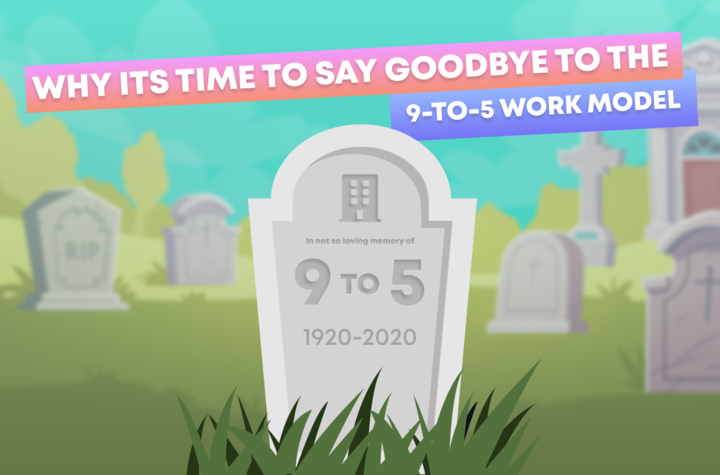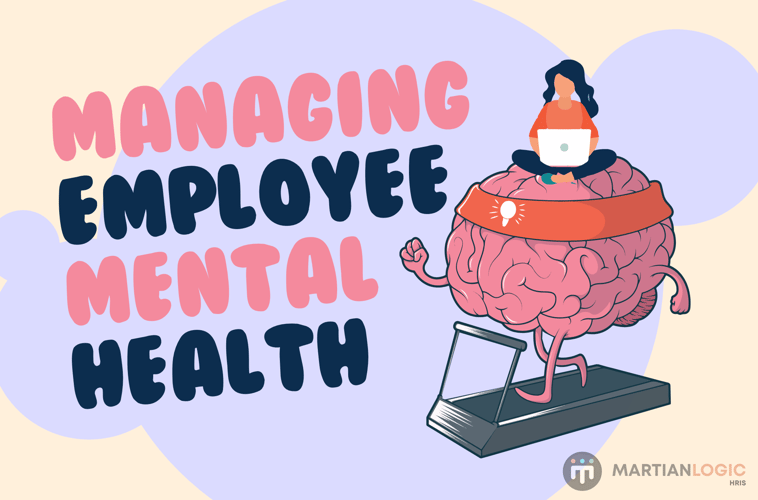Flexible work hours allow mums, people with disabilities, and people with mental health conditions to reach their full career potential and continue to be a part of the workforce. It also promotes employee engagement and your employer brand. So, why then are so many employees still asked to work 9-to-5?
Here are four key reasons why your organisation should adopt flexible work hours:
It breaks down the barriers working mums face
Working from home is more common these days, which has certainly been a positive for many working mums. Even so, there is more that needs to be done. The fact remains that women are still statistically more likely to adjust their careers to support their families and raise their children. But, why is this the case? Why can’t women easily continue their careers while raising a family?
It is because the 9-to-5 day does not accommodate for working mothers.
By changing expectations and allowing people to have a say in their own work hours, organisations can break the barriers many working mothers face. They can make it possible for mums with school-aged children to work in higher-paying industries that may be traditionally male-dominated, and they can offer the opportunity for mums to juggle their family and home responsibilities while progressing in their careers.
What’s more, have you heard that the gender pay gap still exists? Yep, women are still earning an average of 13.8% less than men per week in Australia. This inequality is a direct result of a lack of work schedule flexibility. So, by moving to flexible work hours, you will not only be supporting the working mums in your team, but you will also be contributing to closing the gender pay gap!
It accommodates people with disability and mental health conditions
48% of people (aged 15-64) with disability are employed, compared to 80% of people without. Not all people with disability or mental health conditions have specific requirements when it comes to their work. Still, for those who do need the flexibility, it can be distressing to disclose their needs.
Some people are comfortable disclosing their conditions or disability, however, it cannot be expected, nor should someone be forced into it publicly. By opening up flexible work hours to the entire team, you move the spotlight off of those who need flexibility but who may not appreciate the attention.
Perhaps, with the move to flexible work schedules, 48% will increase to 58%, and beyond, and equitability in the workforce will be more attainable.
It boosts employee engagement (and where would we be without that?)
Many studies identify the link between flexible work arrangements, employee engagement, and improved productivity. The move to a 4-day work week, which is being adopted by some businesses internationally, is one clear example of this. Perpetual Guardian, a financial firm in New Zealand, adopted an opt-in 4-day work week after reporting a 20% increase in employee productivity when trialling the new work hours. The arrangement was flexible and individual, which allowed employees to feel accommodated, engaged, and more productive.
‘One-size-fits-all’ arrangements do not work.
If you try to use blanket rules without regard to individual needs, you will appear to have a lack of empathy and trust in your staff. Think about it like this, if a manager does not trust and show empathy to their employees, why would their employees do so in return; a company and its managers must lead by example.
When you move toward flexible arrangements that foster employee well-being, you will gain a diverse, productive, and loyal workforce.
It promotes your employer brand!
Think of your employer brand as the reputation of your business as a place to work. It is made up of the experiences of your past and current employees, and these experiences sell your brand.
Right now, finding candidates is TOUGH so you need to use all your resources to secure and retain the best talent in the market. If you are an employer who takes care of your staff and offers flexible work hours to support their additional responsibilities and needs, you will be an organisation that stands out from the competition.
Why work hard when you can work smart? Let your flexible business practices do the hard work and promote your business to potential candidates.
Final thoughts
Just as the round peg cannot fit into the square hole, we need to stop business practices that suit only certain people in the workforce.
Businesses must take a stand against old-fashioned expectations and continue to nurture flexible working environments. In turn, mums, people with disability and mental health conditions, your current and future staff, and your employer brand will thrive.
Sorry, Dolly Parton, it looks like 9-to-5 is NOT the way to make a living.





Blog comments